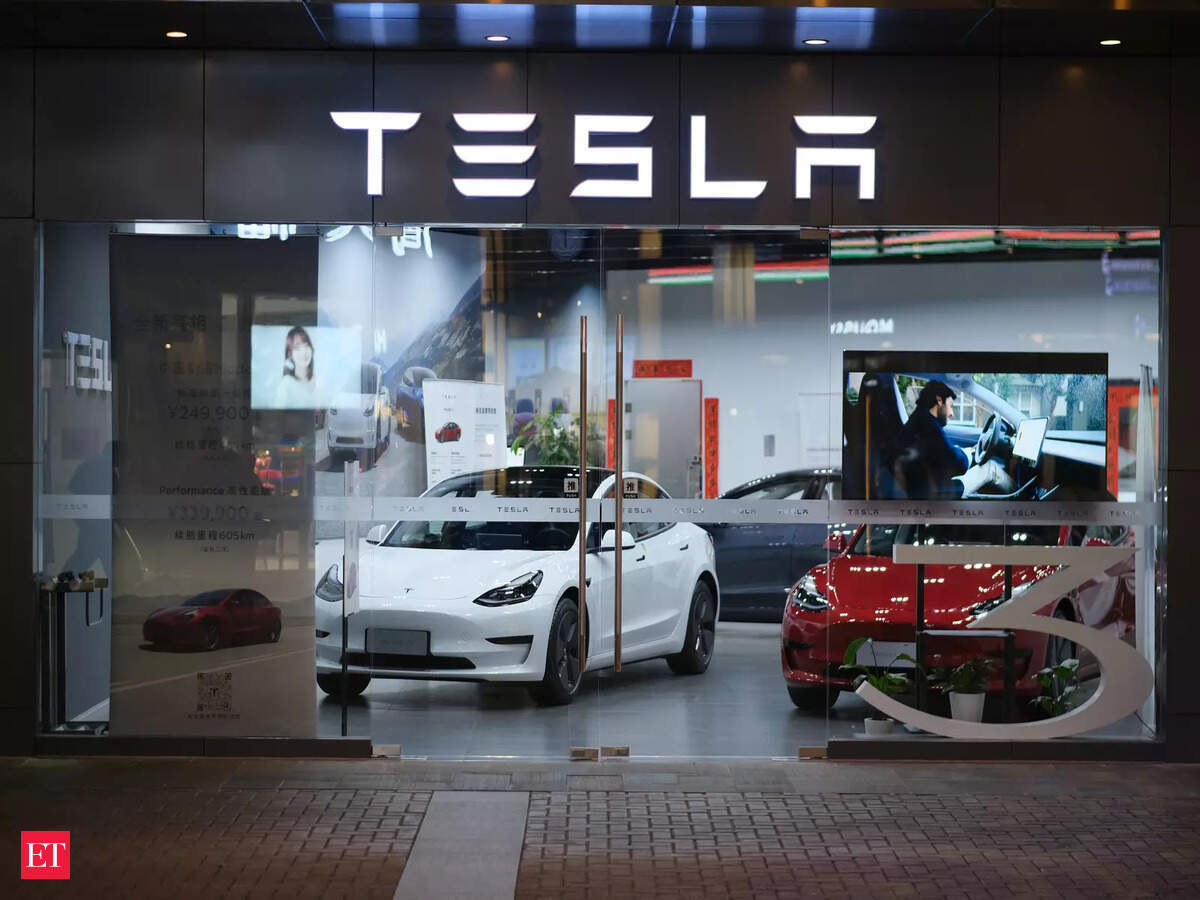
Chinese electric-vehicle manufacturers, led by BYD, are emerging as formidable competitors to Tesla in the race to develop affordable electric vehicles and self-driving technology. Earlier this year, BYD made headlines by offering its God’s Eye driver-assistance package at no cost, a move that directly undercuts Tesla’s Full Self-Driving (FSD) feature, which is priced around $9,000 in China.
Taylor Ogan, an investor in BYD, claims that God’s Eye is more advanced than Tesla’s FSD, indicating that Tesla’s competitive edge may be slipping. Other Chinese companies, such as Leapmotor and Xpeng, are also entering the market with vehicles priced around $20,000 that feature FSD-like capabilities. The Chinese government’s backing further accelerates this technological push.
Recent analyses show that BYD’s costs for assisted-driving hardware are comparable to those of Tesla, which relies solely on cameras and AI, bypassing the use of more expensive radar and lidar sensors. This unique approach may now be proving disadvantageous as BYD and others capitalize on lower component costs and more sophisticated systems.
The increasing competition poses significant challenges for Tesla CEO Elon Musk, particularly as Tesla’s vehicle sales decline globally. This month, Tesla will attempt to launch a robotaxi trial in Austin, Texas, after years of unfulfilled promises regarding self-driving capabilities. Tesla has not commented on its Chinese competitors, although Musk has previously acknowledged the competitiveness of Chinese automakers.
In the wake of this competition, Tesla has shifted its focus from mass-market EVs to self-driving robotaxis, which are now integral to its stock market valuation of approximately $1 trillion. However, the company faces stiff competition in vehicle autonomy from the very Chinese manufacturers that disrupted its affordable EV strategy. Additionally, tech firms like Huawei are also contributing to the development of autonomous-driving technologies for various automakers.
The Chinese market, the largest in the world for automobiles, is characterized by stiff competition and aggressive pricing strategies, leading to a price war that has impacted Tesla’s sales. Regulatory restrictions in China further complicate Tesla’s situation, preventing the company from using local data to enhance its FSD technology.
BYD and other Chinese firms benefit from government subsidies and a landscape defined by fierce competition, which has driven down costs and fostered rapid advancements in technology. Ogan, who has firsthand experience with BYD’s God’s Eye, noted that he was able to navigate the busy streets of Shenzhen without needing to take control of the vehicle.
Huawei’s partnerships with several automakers bolster its presence in the autonomous vehicle sector, showcasing vehicles equipped with advanced driver-assistance technologies. At the Shanghai auto show, numerous Chinese brands highlighted their strides toward fully-autonomous vehicles, even as regulatory scrutiny intensified.
Chinese EV manufacturers are rapidly developing driver-assistance systems to meet consumer demand, which poses a significant threat to Tesla’s autonomy-based business model. For instance, BYD offers a version of God’s Eye in vehicles priced around $30,000, while the cheapest Tesla Model 3 equipped with FSD costs approximately $41,500.
Analyses indicate that the mid-level God’s Eye system, comparable to Tesla’s FSD, uses an Nvidia chip and a combination of sensors at a lower cost than Tesla’s offering. The competitive landscape driven by China’s EV boom has led to economies of scale, pushing manufacturers to accept lower profit margins in pursuit of market expansion.
As BYD and its competitors continue to innovate and expand their market share, Tesla faces a critical challenge in maintaining its position in China. The competition not only threatens Tesla’s sales but also its ability to refine and enhance its autonomous driving technology, which is essential for its future growth.



